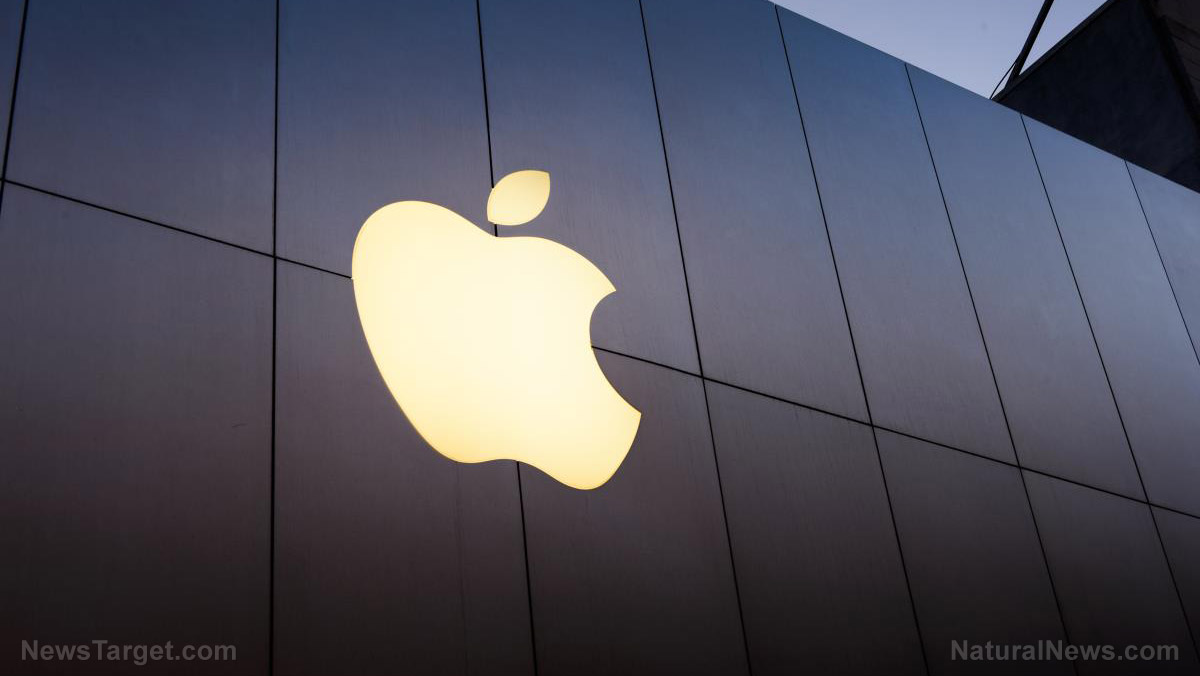
Apple is lobbying to weaken the proposed Uyghur Forced Labor Prevention Act according to two anonymous congressional staffers. The bill seeks to forbid American companies from employing slave workers from the Xinjiang region in China, where human rights violations are thought to be rife.
In October, reports surfaced that the tech giant paid an outside firm, Fierce Government Relations, to lobby on the bill on its behalf. Back then, it was not clear then whether the company was for or against the bill or whether it seeks to modify the bill in any way. It’s only now that the staffers have confirmed that Apple wishes to soften the bill’s provisions.
Xinjiang is home to ethnic minorities such as the Uyghurs. It reportedly houses concentration camps built by the Chinese government to indoctrinate these people and exploit them for cheap labor.
Apple, a known crusader against forced labor, is heavily reliant on Chinese workers for many of the parts that make up products, including the iPhone. Earlier this year, it was linked to Chinese suppliers that employed Uyghur slaves.
Apple seeks to water down anti-forced labor bill
The Uyghur Forced Labor Prevention Act was passed in the House in September and is now being reviewed by the Senate. It will require American companies to obtain certification from the Securities and Exchange Commission to show that their products are not made using forced labor from Xinjiang, where around three million Uyghurs are believed to be placed in concentration camps described by Chinese officials as “vocational training centers.” Companies that fail to comply can be sanctioned under the bill.
The congressional staffers, who declined to have their names disclosed, said that Apple was one of the many companies opposed to the bill “as it’s written.” The pair refused to tell the specific provisions that Apple is attempting to have revised to keep their identities safe but described Apple’s lobbying effort as an attempt to water down the bill.
Cathy Feingold, international director of the American Federation of Labor and Congress of Industrial Organizations, which supports the bill, said that Apple officials did not expect the recent developments at Congress.
“What Apple would like is we all just sit and talk and not have any real consequences. They’re shocked because it’s the first time where there could be some actual effective enforceability,” said Feingold.
Apple’s links to forced labor
The Australian Strategic Policy Institute (ASPI), a nonpartisan think tank partly funded by Australia’s Department of Defence, reported in March that Apple and 82 other global brands have links to Chinese factories that employ Uyghur slaves. The organization added that their work arrangements are not likely to be voluntary and that the use of the minorities is not limited to Xinjiang.
However, Apple CEO Tim Cook maintained that the company does not tolerate forced labor and vowed that it would “terminate” relationship with any suppliers found to be involved in the practice. Apple spokesperson Josh Rosenstock also said that the company supports the passage of the bill and added that they aim to help the government fight labor abuses.
“We abhor forced labor and support the goals of the Uyghur Forced Labor Prevention Act. We share the committee’s goal of eradicating forced labor and strengthening U.S. law and we will continue working with them to achieve that,” stated Rosenstock in July. He also said that they launched an investigation on their Chinese suppliers earlier this year and found no evidence of forced labor on Apple’s supply chain. (Related: Facebook, Twitter and Big Tech make their money in China.)
But in August, nonpartisan watchdog organization the Tech Transparency Project uncovered shipping records that show Apple has been getting its uniforms for years from a Xinjiang company sanctioned for forced labor by Congress. The organization reported that as recently as June, the tech giant received 54 cartons of shirts weighing 1,000 pounds from the supplier.
Sources include:
Please contact us for more information.



















